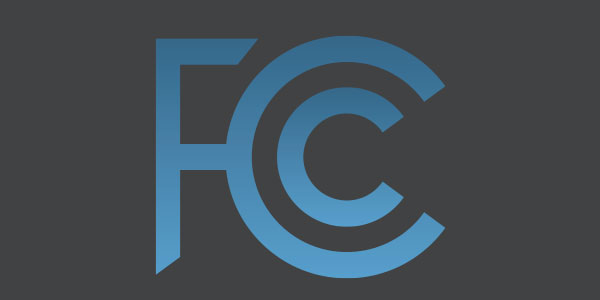Should radio stations have to upload their public files to a publicly accessible database? These days if you want to read the public files of television stations, it’s no problem. Just go the Federal Communications Commission’s public and political file web interface and type in a TV station’s call letters and there you are: a bevy of information on the operation’s licensing status and the kinds of political ads it runs (e.g. federal, state, local, initiatives, whatever). Plus you can review correspondence with the public, joint licensing agreements, any deals the station has with citizens groups, and contributions for certain kinds of programming, that sort of thing.
It used to be you had to go to the station to get this stuff, and the back office staff was usually, like, ‘harumph, well, ok . . . here [grumble; snarl].’ Now you just look it up online. You can even grab an RSS feed to follow your local TV station’s activities. So, not surprisingly, Common Cause, the Sunlight Foundation, and the Campaign Legal Center have petitioned the FCC to extend this requirement to cable and satellite companies. The Commission is asking the public for feedback on this idea, plus (what the heck): “We also seek comment on whether the Commission should initiate a rulemaking proceeding to require broadcast radio stations to use the online public file.”
Here are all the comments in response to the proposal. I am most sympathetic to various responders who ask the FCC to give cash poor, volunteer dependent community radio stations more time to get up to speed on this requirement. The best arguments I’ve run into so far come from a joint comment from the National Federation of Community Broadcasters and Native Public Media. Here’s their bottom line:
“Despite the success of Native-owned and community radio stations, many communities served by these stations have yet to enjoy the same level of broadband Internet and other media services the rest of America takes for granted. For many Native and community NCE [non-commercial educational] radio stations, uploading public files would be technically impossible because of the lack of broadband access; for others such a requirement would have a significant budgetary impact on stations that already grapple with limited technical and staff resources.”
To be fair to the FCC, its suggestions do take these problems into account. The agency proposes requiring online public files for commercial signals in the top 50 radio markets, but letting NCEs, stations operating in lower Nielsen markets, and stations with less than five full time employees ease in after two years. In response, NFCB/NPM suggests letting NCEs and small staff stations transition to online public files “on a purely voluntary basis,” then monitoring the transition in larger markets to see how it all goes.
There are also plenty of oppositional responses to the whole idea. The comments of The Central Park Church of God fall into this category. Uploading public files “would simply allow parties to frivolously defame or bash stations without incurring any effort,” the Church warns. Plus:
“It would encourage unwanted and unmerited attention to be brought to a station, depending on how the obtainer of the information chooses to showcase the public file. If a station is to be criticized by a member of the public, that person should rightfully have to incur burden to him/herself by coming down and inspecting the public file in person, not just behind their laptop. For this reason, Central Park is against stations having to place public files on the internet.”
It all boils down, I presume, to ‘If you want to bash us, then, by golly, you gotta come down here and look us in the eye [grrrr] . . . ‘ I guess if you don’t want to get bashed, perhaps best not to go into media? Just a thought.
Then there’s this bromide from NPR:
” . . . there is a very practical reason why mandating online public filing is not necessary for a public radio station licensee to be responsive to their community of license: public radio stations are largely funded by financial contributions voluntarily made by individual listeners in their community of license. The financial contributions to stations from listeners represent more than one-third of a typical public radio station’s budget, the single largest source of station revenue. Support from listeners and local businesses and foundations collectively exceeds 60% of a public radio station’s budget on average. Public radio stations therefore have a direct stake in airing programming that their communities will listen to, value and support. In fact, the Commission long ago recognized that the direct financial relationship that exists between public radio stations and their communities is often the most effective determinant of how well a station is ascertaining and serving the needs and interests of its community of service.”
Public radio stations “are also subject to an array of social forces which collectively assure local accessibility and accountability,” NPR adds. “These forces include community advisory boards, open public meetings, and the presence of public board members.”
I don’t see why any of these positive attributes obviate the value of making it easier for listeners to know more about what their public radio station is doing with the donations that it collects from them. Eventually all these radio stations should be required to upload their public files to the web, of course. The question at this point is how quickly to complete the transition, and how to be fair to signals with fewer resources. The comment period for this proposal ended on April 14. Now it’s up to the Commission to decide.



